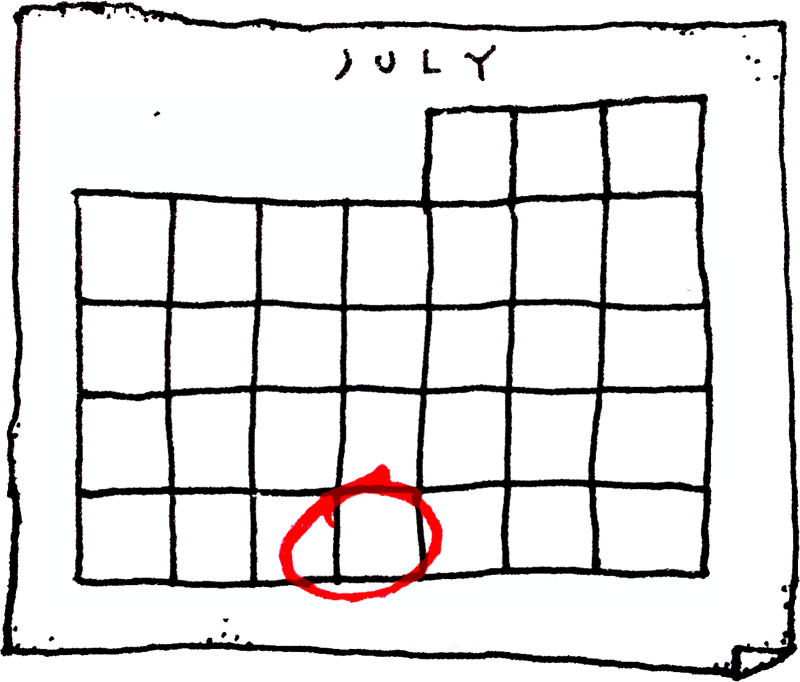"Serious"
Dedicated, conscientious,
serious about being awesome.
Legit.
"Come on!" or "Refueling!" or "Add oil!"


"Mister?"
No, just "Teacher."
Did a parent call you Mr. Jennifer, or Mr. Amber, or Mr. Sabrina?
It should read, "Teacher Jennifer. Teacher Amber. Teacher Sabrina."
Afraid your own feedback might be just as confusing?
Take a look at my book: Loud and Clear: Deliver after-class feedback that "wows" & learn Chinese culture along the way.
希望
xī wàng

"I wish..."
"I hope..."
Potentially neutral. Might or might not be a suggestion.
A helpful window into the parent's priorities.

The machine translation might say, “not one.” Usually used with “favorite.” You’re “not just one of” their favorite teachers, you are their favorite teacher.
开小差
kāi xiǎo chāi
"There is some desertion in class."
To check out, daze out, zone out, space out, daydream, stop paying attention, be elsewhere. “To take a small leave of absence.”

抢
qiǎng
"Robbery!" or "Relies on snatching."
To book your class right when it's released, to snag the time slot before other people can. To grab it up.
"harvest"
The fruit of one’s labor; what they get out of class with you; results.

感染力
gǎn rǎn lì
“infectious” or “appeal”
Similar to “infectious laughter!” You really get them into class mode. You pull them in. You infect them! You make them love learning English.


一如既往
yī rú jì wǎng
“As always”
"As always..." what?
It depends on the word that comes after it -- the key word -- which for some reason, the translator often cuts off.
It usually says you are "great as usual."
“In the state”
In class mode.
In the mood for learning.
In a good frame of mind.
Doing well.

Literally: “abundant, rich, varied.”

e.g. “He has a full head of hair.”
e.g. “You have all kinds of props.”
e.g. “We had an abundant harvest of kale.”
e.g. “Your class had so much good stuff going on.

Literally: “attraction force” or “gravity” (not your looks)

Does your network have “a little card?" It just means there was lag - a laggy, unstable internet connection, or slow, unresponsive software.
(a chemistry term)
If someone says you “have a lot of affinity,” it means you are amiable, friendly, kindly, approachable, have a magnetic draw or attractiveness in personality.

"baby is slow hot"
The kiddo is “slow to warm up”
to new people,
to new situations,
to new experiences.

棒棒滴 !
bàng bàng dī !
"Stick drop."
Internet slang for SUPER AWESOME. Identical to the highly-coveted "bang bang da."
“audition class”
It just means: "trial class"

“seduced, seducing, seductive”
Not what it seems! It just means you gives skillful, systematic guidance.









